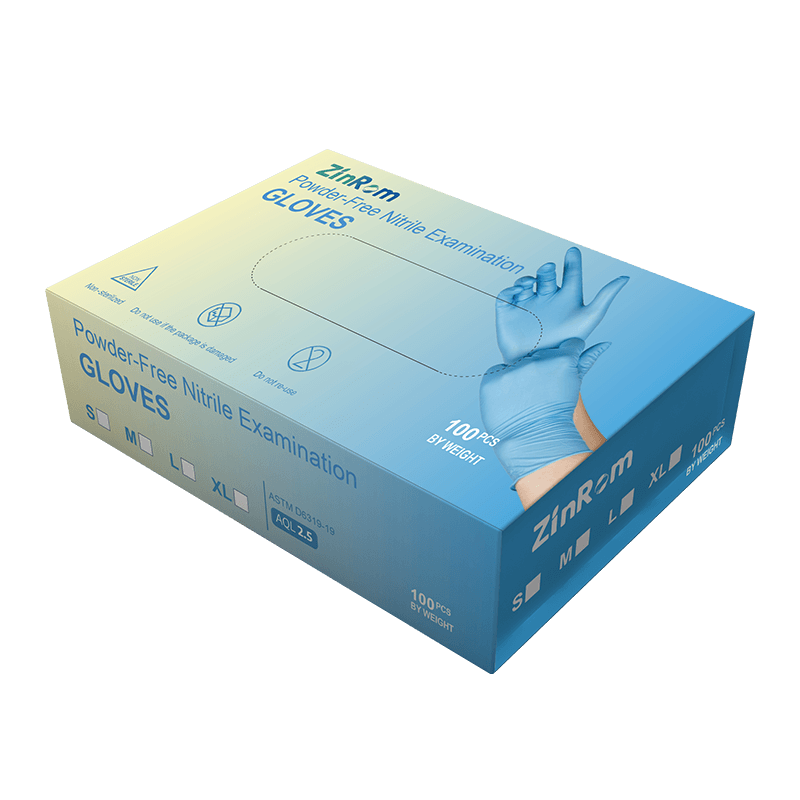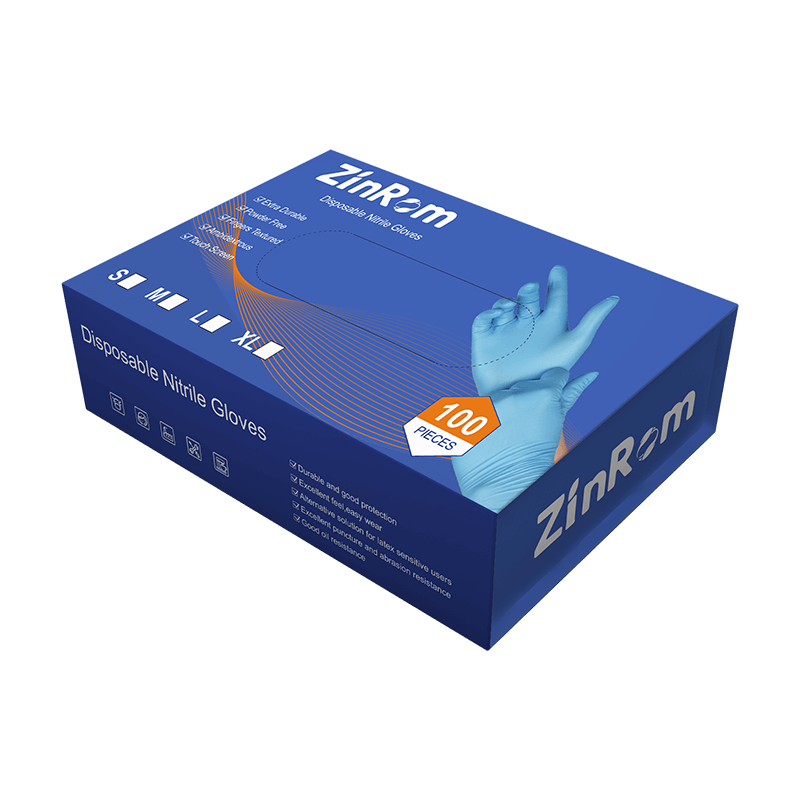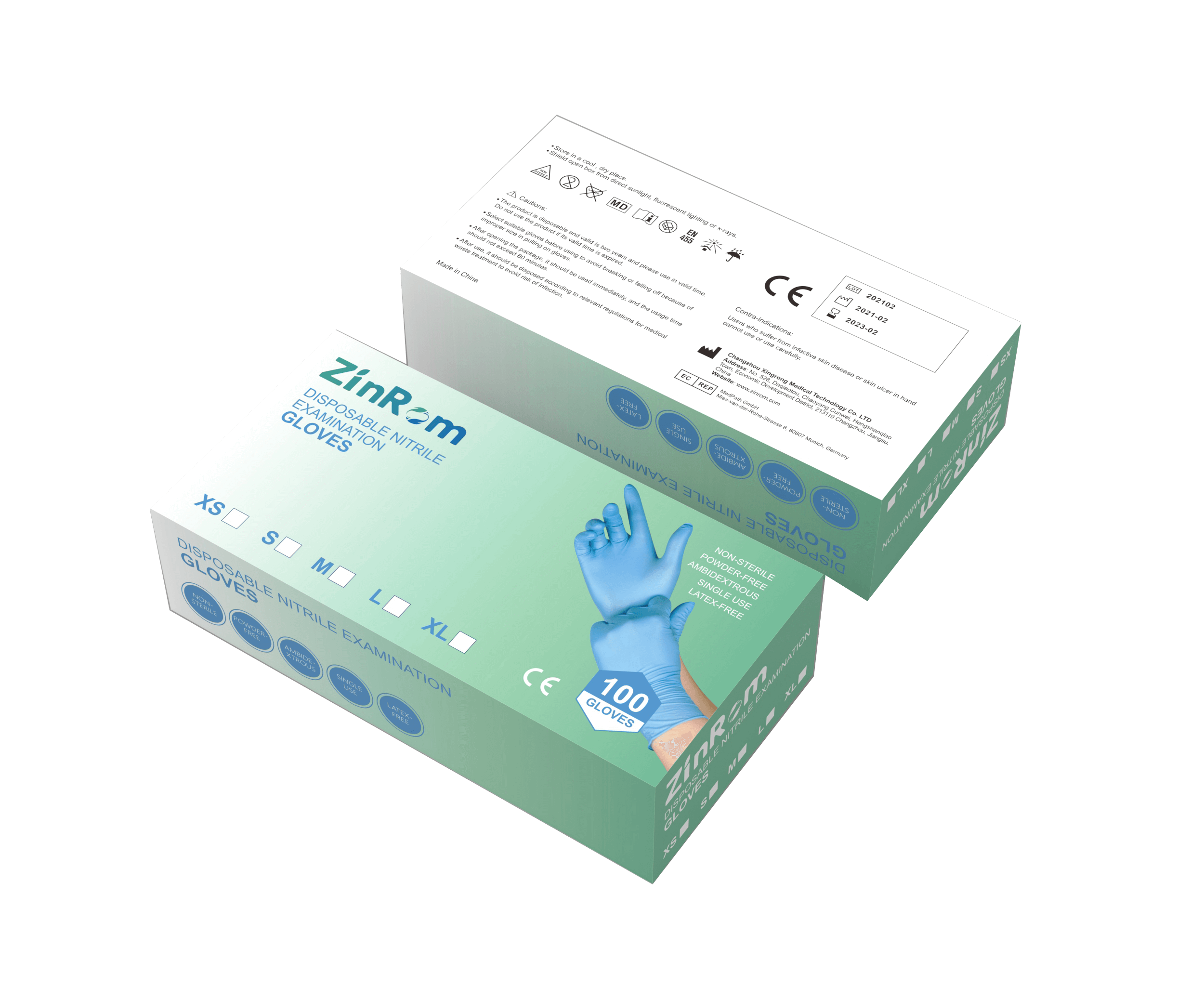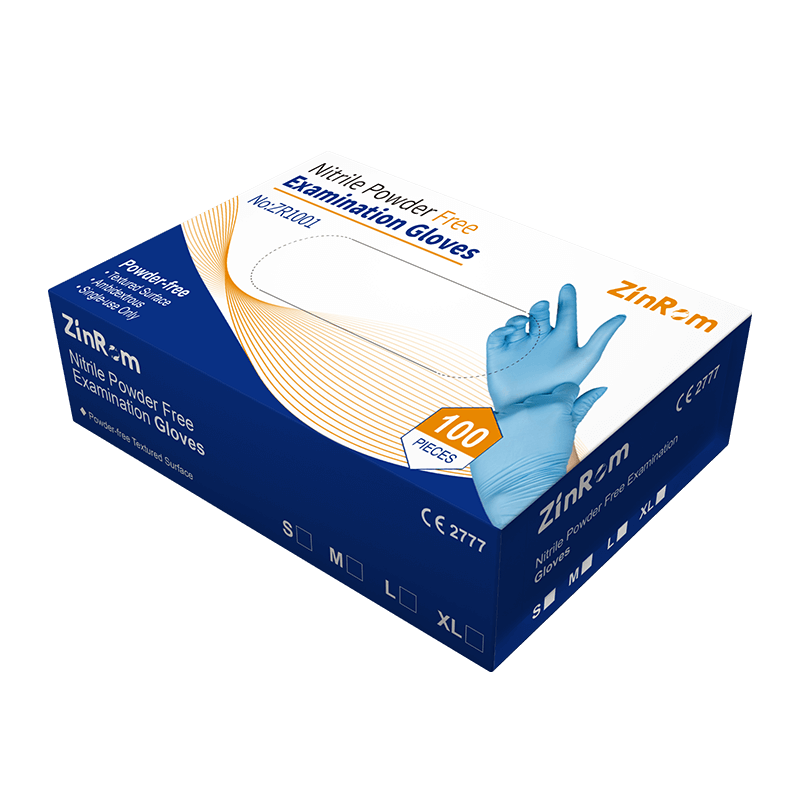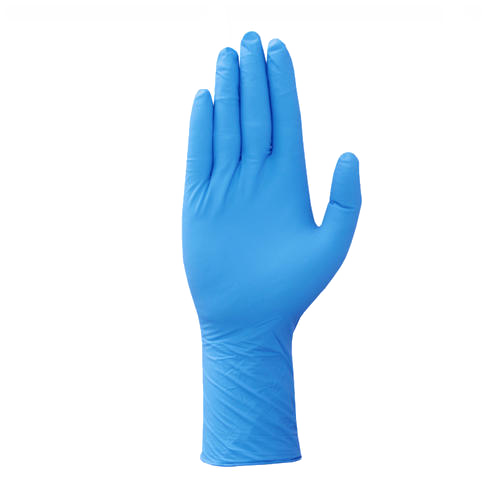

Choosing the Right Disposable Polypropylene Gloves for Medical Use: A Comprehensive Guide
- Categories:Knowledge
- Time of issue:2023-09-29
(Summary description)Discover the key factors to consider when selecting disposable polypropylene gloves for medical use. This in-depth guide provides valuable insights and expert advice to help you make an informed decis
Choosing the Right Disposable Polypropylene Gloves for Medical Use: A Comprehensive Guide
(Summary description)Discover the key factors to consider when selecting disposable polypropylene gloves for medical use. This in-depth guide provides valuable insights and expert advice to help you make an informed decis
- Categories:Knowledge
- Time of issue:2023-09-29 09:44
- Views:
1. Understanding the Importance of Disposable Polypropylene Gloves in Medical Settings
2. Key Considerations for Choosing the Right Gloves
2.1. Material and Barrier Properties
2.2. Size and Fit
2.3. Thickness and Durability
2.4. Powdered vs. Powder-Free Gloves
2.5. Compliance with Industry Standards
2.6. Allergies and Skin Sensitivities
2.7. Cost and Value for Money
2.8. Environmental Considerations
3. FAQs about Disposable Polypropylene Gloves for Medical Use
3.1. What are disposable polypropylene gloves?
3.2. Why are disposable gloves important in medical settings?
3.3. Are polypropylene gloves suitable for all medical procedures?
3.4. How do I determine the right glove size?
3.5. Can disposable gloves cause allergies?
4. Conclusion
1. Understanding the Importance of Disposable Polypropylene Gloves in Medical Settings
In medical settings, ensuring the highest level of hygiene and preventing the spread of infections is paramount. Disposable polypropylene gloves play a crucial role as a barrier between healthcare professionals and patients. These gloves offer protection against potential contaminants and reduce the risk of cross-contamination.
2. Key Considerations for Choosing the Right Gloves
When selecting disposable polypropylene gloves for medical use, it is essential to consider several factors to ensure their effectiveness and suitability for the intended purpose.
2.1. Material and Barrier Properties
Polypropylene gloves are made from a synthetic material known for its excellent barrier properties. They effectively protect against chemical and biological substances, making them ideal for medical settings. Look for gloves that meet international standards for barrier effectiveness and have undergone rigorous testing.
2.2. Size and Fit
Proper sizing and fit are crucial for optimal glove performance. Ill-fitting gloves can compromise dexterity and tactile sensitivity, affecting the overall functionality. It is essential to accurately measure hand size and choose gloves that provide a snug yet comfortable fit.
2.3. Thickness and Durability
The thickness of disposable gloves plays a role in their durability and resistance to tearing or puncturing. Thicker gloves offer enhanced protection but may sacrifice some tactile sensitivity. Strike a balance between thickness and flexibility based on the specific requirements of your medical procedures.
2.4. Powdered vs. Powder-Free Gloves
Powdered gloves were once commonly used to facilitate easy donning, but they have fallen out of favor due to potential health risks associated with the powder. Powder-free gloves are now the preferred choice in medical settings as they minimize the risk of allergic reactions and contamination.
2.5. Compliance with Industry Standards
Ensure that the disposable polypropylene gloves meet relevant industry standards and certifications. Look for gloves that comply with FDA regulations and adhere to international standards such as ASTM International and EN standards.
2.6. Allergies and Skin Sensitivities
Some individuals may have allergies or sensitivities to certain glove materials. It is crucial to choose gloves that are hypoallergenic and latex-free to minimize the risk of allergic reactions among healthcare professionals and patients.
2.7. Cost and Value for Money
Consider the cost and value for money when choosing disposable polypropylene gloves. While it is important to find affordable options, prioritize quality and effectiveness over cost alone. Investing in high-quality gloves ensures better protection and reduces the risk of glove failures during critical medical procedures.
2.8. Environmental Considerations
Disposable gloves contribute to waste generation, so it is worth considering eco-friendly options. Look for gloves that are biodegradable or made from recycled materials to minimize their environmental impact.
3. FAQs about Disposable Polypropylene Gloves for Medical Use
3.1. What are disposable polypropylene gloves?
Disposable polypropylene gloves are single-use gloves made from a synthetic material called polypropylene. They are commonly used in medical settings as a protective barrier against contaminants and to minimize the risk of cross-contamination.
3.2. Why are disposable gloves important in medical settings?
Disposable gloves are essential in medical settings as they serve as a protective barrier between healthcare professionals and patients. They help prevent the transmission of infections and maintain a clean and hygienic environment.
3.3. Are polypropylene gloves suitable for all medical procedures?
Polypropylene gloves are suitable for a wide range of medical procedures, including examination, surgical, and dental procedures. However, it is important to consider specific requirements for each procedure and consult with healthcare professionals to ensure the right glove choice.
3.4. How do I determine the right glove size?
To determine the right glove size, measure the circumference of your hand just above the knuckles. Compare the measurement with the glove size chart provided by the manufacturer to select the most appropriate size.
3.5. Can disposable gloves cause allergies?
Certain individuals may develop allergies or skin sensitivities to glove materials, particularly latex. To minimize the risk of allergies, choose gloves that are hypoallergenic and latex-free. Nitrile gloves are a popular alternative for individuals with latex allergies.
4. Conclusion
Selecting the right disposable polypropylene gloves for medical use is crucial to ensure the safety and hygiene of healthcare professionals and patients. Consider the material, size, fit, thickness, compliance with industry standards, allergies, cost, and environmental impact when making your decision. By prioritizing these factors and making an informed choice, you can effectively protect against potential contaminants and contribute to a safer healthcare environment.
Scan the QR code to read on your phone
Relevant information
-
Xingrong Medical Technology Co. LTD strictly follows the US FDA QSR requirements and ISO 9001
Xingrong Medical Technology Co. LTD strictly follows the US FDA QSR requirements and ISO 9001 and ISO 13484 standards in its management, production process and quality control to ensure that our products meet or even outperform ASTM and other relevant national standards. - Key Features to Look for in Special Medical Gloves 05-07
- Enhancing Safety and Precision: The Importance of Special Medical Gloves 05-03
- The Importance of Special Medical Gloves in Infection Control 04-29
- The Importance of Professional Medical Gloves in the Healthcare Industry 04-25

FEEL FREE TO CONTACT US

E-mail: zinrom@163.com
Add: No. 528 Daqiaotou, Furong Chaoyang Village, Hengshanqiao
Town, Economic Development Zone, Changzhou, Jiangsu, China
whatsapp: +86 13906120777






Products
Partners






